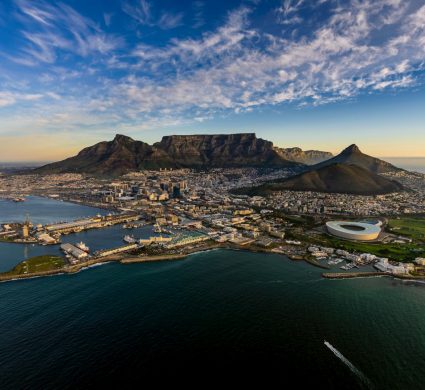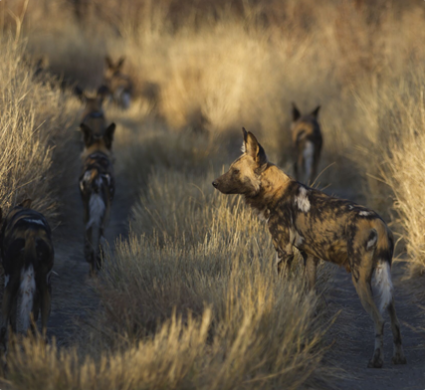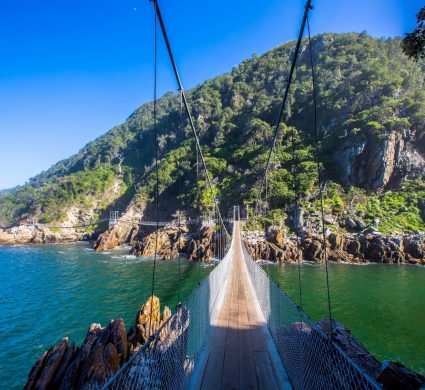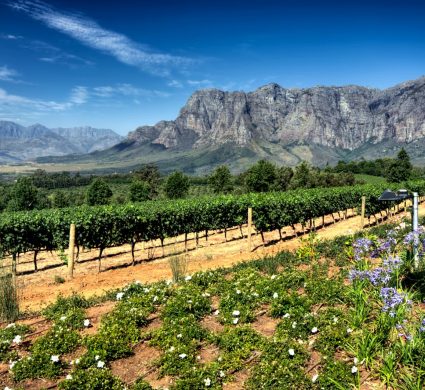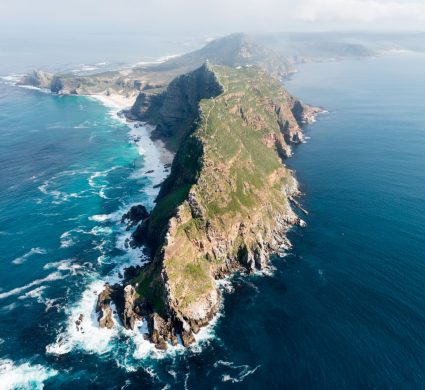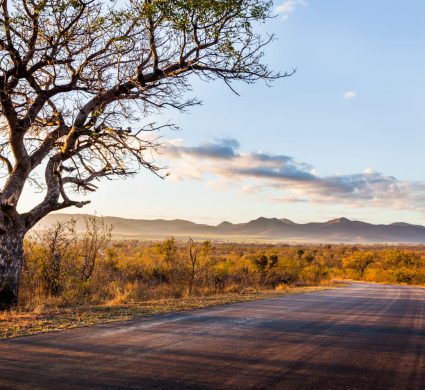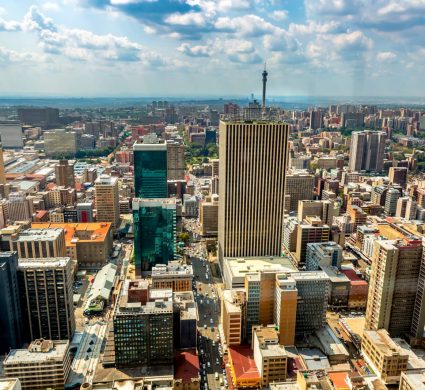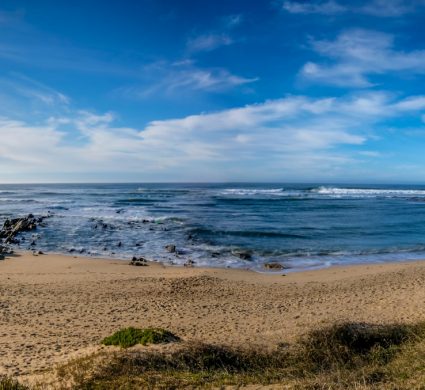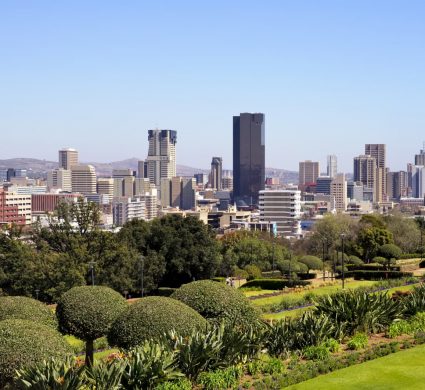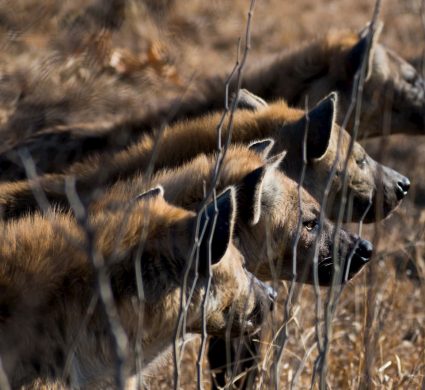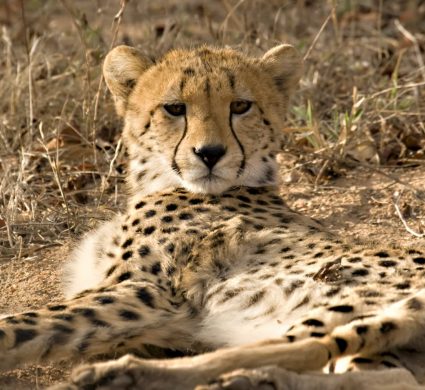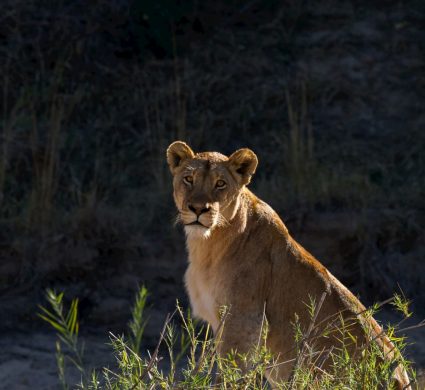South Africa
Natural beauty, amazing people, unsurpassed wildlife, stunning beaches and vibrant cities
The Rainbow Nation
South Africa is truly as colorful as its flag, and it is known as the Rainbow Nation due to its multi-cultural diversity and beaming bright smiles of its people. It has everything you could possibly want in a destination – natural beauty, amazing people, unsurpassed wildlife, stunning beaches, vibrant cities…the list goes on and on.
When I first wanted to travel to South Africa, I asked my sister to come with me. She was pretty hesitant at first since she had never been out of the United States before so she was nervous. Aside from that, she asked, “what’s to see?” Boy, was she in for a surprise! I convinced her to come, and we spent time in Cape Town and went on an amazing African safari. When we returned home she said, “I want to move there!!” (I think she realized there was plenty to see). So did I! What an impact it had on both of us.
South Africa and Africa in general will change you. For many, it stays in the hearts and souls of those who visit. It gets in your blood. It is almost impossible to find a person who does not want to return to South Africa. The country is informally known as “Africa for beginners,” but even the most experienced traveler can’t get enough of this magical place. So, come on! Don’t wait another minute!
Top South Africa Destinations
Safari Destinations customized to fit your budget and needs.
Other South Africa Destinations
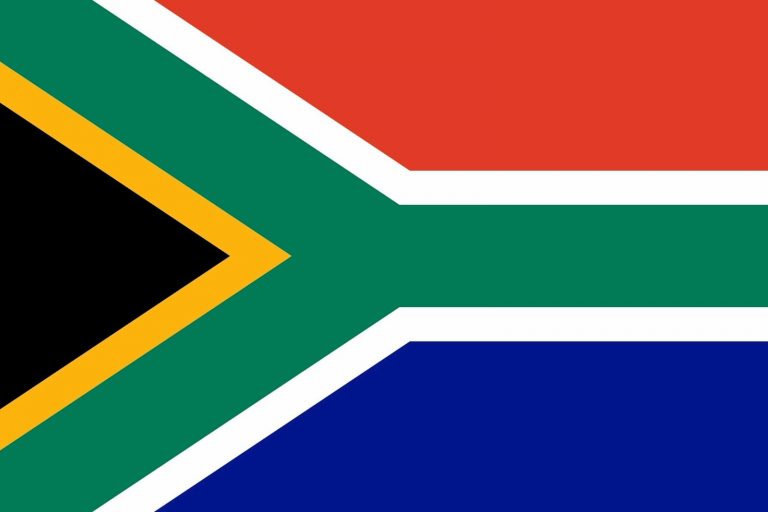
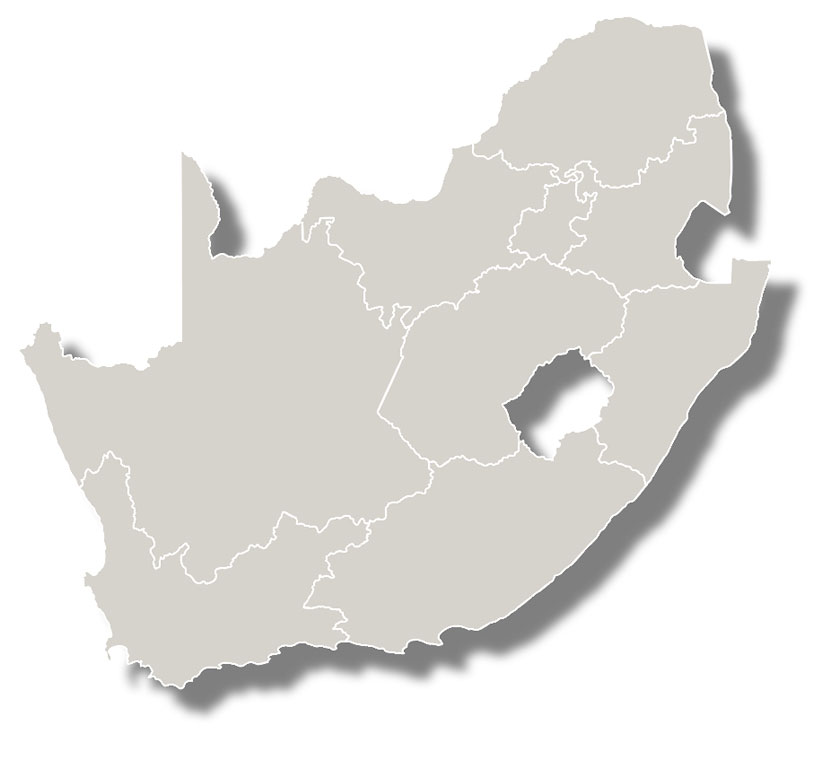
Cape Town
1 of 15Cape Winelands
2 of 15Hermanus
3 of 15Gansbaai
4 of 15Knysna
5 of 15Plettenberg Bay
6 of 15Tsitsikamma National Park
7 of 15Madikwe
8 of 15Pretoria
9 of 15Johannesburg
10 of 15Kruger National Park
11 of 15Thornybush
12 of 15Timbavati
13 of 15Manyeleti
14 of 15Sabi Sand
15 of 15Locations Shown above:
Facts:
- 2X the size of France
- 3 Capitals - Cape Town (Legislative), Pretoria (Administrative) and Bloemfontein (Judicial)
- 11 official languages (English, Afrikaans, isiNdebele, isiXhosa, isiZulu, Sepedi, Sesotho, Setswana, Siswati, Tshivenda and Xitsonga)
Currency
- South African Rand (ZAR)
Local Customs and Culture
- Although South Africa has come a very long way since Apartheid, racism still exists here, on both sides. Be aware of and sensitive to the subject.
- Handshakes are the most common form of greeting.
- Tipping is important because restaurants and menial jobs pay very little. Here are tipping standards for South Africa. If you can afford to tip more, please do.
- Restaurants & Bars: 10-15% (check your receipt first because some restaurants automatically add 10%)
- Taxi driver: round up to the nearest R10
- Porters at the airport: R5 per bag
- Petrol (gas) station attendant: R5-R10
- Car park attendant: R5
- Food delivery service: R10
- Tour guides: 10-15% or R20-50 per person
- Safari guides: R200-300 per couple per day (half that for solo travelers).
- Most safari lodges will provide advice for tipping
- Safari trackers: R100-200 per couple per day (half that for solo travelers). Again, safari lodges usually provide suggested guidelines for tipping
- South Africa is very LGBT friendly, especially in the big cities. Gay marriage is legal here.
- South Africans enjoy having a braai (barbeque) with friends and family - a fun social affair.
- Smoking is not allowed in restaurants and public places
- In South Africa, you drive on the left-hand side of the road.
- South Africans love their sports! It's what brought the country together in the 90s after Apartheid. The 3 favorite sports are rugby, cricket and football. The South African national teams are the Springbok rugby team, known as the boks or boka, the Proteas cricket team and Bafana Bafana football (soccer) team. There are lots of local clubs for football and rugby. If you get a chance it's really worth going to a match.
When to Go
Fortunately, there’s really no bad time to visit South Africa! The climate is temperate with moderate temperatures. It’s usually best to plan when to take your trip around what you want to do while in South Africa.
If you are going on a safari, the best time is in the dry season (May – September) when there is less vegetation and the animals are easier to track and see and the weather is comfortable. This time of year is actually the low season so prices are lower and there are less crowds. On the other hand, the rainy season (October – April) brings lush green vegetation and newborn babies but animals are more difficult to spot. The high temperatures can be unpleasant.
Other outdoor activities such as visiting beaches, hiking, scuba diving and surfing are best experienced in summer (Dec. – Feb.). April – June is good for hiking, as well. Whale watching season along the southern coast runs from June – November.
Also, you want to take into account the South African school calendar, which can include school holidays during the months of March, April, June, July, September, December and January, and national holidays, in addition to the usual school calendar of Europe and North America. The busiest time is during December – January during the holiday season.
Climate
South Africa has a temperate, Mediterranean-like climate but can get hot in the summer. Overall, it is a great place to visit all year long. Seasons are opposite here from the northern hemisphere with summer being November to February, autumn being March to April, winter being May to August and spring being September to October. The dry season is from May – September with pleasant temperatures and no rain. The rainy season of October – April brings heat and humidity.
Temperature Ranges & Rainfall
Scroll
Cape Town
| JAN | FEB | MAR | APR | MAY | JUN | JUL | AUG | SEP | OCT | NOV | DEC | |
|---|---|---|---|---|---|---|---|---|---|---|---|---|
| HIGH - C | 26 | 27 | 25 | 23 | 20 | 18 | 18 | 18 | 19 | 21 | 24 | 25 |
| LOW - C | 16 | 16 | 14 | 12 | 9 | 8 | 7 | 8 | 9 | 11 | 13 | 15 |
| HIGH - F | 79 | 79 | 77 | 73 | 68 | 64 | 64 | 64 | 66 | 70 | 75 | 77 |
| LOW - F | 61 | 61 | 57 | 54 | 48 | 46 | 45 | 46 | 48 | 52 | 55 | 59 |
| RAINY DAYS | 3 | 2 | 3 | 4 | 7 | 9 | 9 | 9 | 7 | 6 | 5 | 4 |
Johannesburg
| JAN | FEB | MAR | APR | MAY | JUN | JUL | AUG | SEP | OCT | NOV | DEC | |
|---|---|---|---|---|---|---|---|---|---|---|---|---|
| HIGH - C | 26 | 26 | 24 | 22 | 20 | 16 | 17 | 20 | 22 | 24 | 25 | 25 |
| LOW - C | 14 | 14 | 13 | 10 | 6 | 4 | 4 | 7 | 9 | 11 | 13 | 14 |
| HIGH - F | 79 | 79 | 75 | 72 | 68 | 61 | 63 | 68 | 72 | 75 | 77 | 77 |
| LOW - F | 59 | 57 | 55 | 50 | 43 | 39 | 39 | 45 | 48 | 52 | 55 | 57 |
| RAINY DAYS | 6 | 6 | 4 | 3 | 1 | 0 | 0 | 0 | 2 | 4 | 7 | 4 |
Kruger National Park
| JAN | FEB | MAR | APR | MAY | JUN | JUL | AUG | SEP | OCT | NOV | DEC | |
|---|---|---|---|---|---|---|---|---|---|---|---|---|
| HIGH - C | 32 | 28 | 29 | 26 | 23 | 25 | 25 | 25 | 27 | 25 | 30 | 28 |
| LOW - C | 17 | 17 | 15 | 11 | 7 | 3 | 3 | 5 | 9 | 12 | 15 | 17 |
| HIGH - F | 90 | 82 | 84 | 79 | 73 | 77 | 77 | 77 | 81 | 77 | 86 | 82 |
| LOW - F | 63 | 63 | 59 | 52 | 45 | 37 | 37 | 41 | 48 | 54 | 59 | 63 |
| RAINY DAYS | 9 | 8 | 7 | 5 | 3 | 2 | 2 | 2 | 3 | 6 | 8 | 9 |
**IMPORTANT for travelers under age 18**
- Children under the age of 18 traveling to/from South Africa are required to produce (in addition to their passports) an unabridged birth certificate (showing both parents’ particulars).
- If a child is traveling with just one parent, the child is also required to provide (in addition to their passport) a stamped affidavit from the other parent listed on the child’s birth certificate consenting to the travel or a court order granting full parental responsibilities, or legal guardianship of the child, or the death certificate of the absent parent. The affidavit should be no more than 4 months old from the date of travel.
- For any child traveling with a person other than their parents, they must be in possession of the child’s passport, an unabridged birth certificate for the child, an affidavit from the parents or legal guardian of the child confirming that he or she has permission to travel with the child, copies of the identity documents or passports of the parents or legal guardian of the child and the contact details of the parents or legal guardian of the child.
Health
- Tap water is safe to drink in South Africa. It may look slightly brown out of the tap in some areas, but it's safe! Do not drink water from rivers or streams.
- If you are going to a malaria area, anti-malarial medication is needed and usually must begin several weeks prior to arrival and can continue for a couple of weeks after you return home. We will let you know if your destination requires malaria prevention.
- South Africa requires a yellow fever vaccination certificate upon entry for travelers arriving from countries with risk of yellow fever transmission. We will let you know if your destination requires a yellow fever vaccination certificate based on your travel itinerary.
- Other recommended but not mandatory vaccinations include typhoid fever, hepatitis A& B and sometimes rabies.
- Visit your doctor 4-6 weeks in advance of your trip in order for your vaccines to take effect and to determine the right anti-malarial medication (if needed) for you.
Safety
These are not reasons that should stop you from going to South Africa. Instead, they should prompt you to take the necessary precautions to stay safe while traveling in South Africa.
- It’s no secret that there is crime in South Africa. Theft, muggings and more violent crimes do occur regularly, especially in big cities, and poverty is a driving force. To take precaution, residential homes are surrounded by walls and electric fences. Some neighborhood entrances have security guards posted.
- Ask your hotel or accommodation staff for any news about local crime and for any safety tips they may have.
- Avoid the areas/neighborhoods of Khayelitsha, Athlone and some parts of Salt River and Woodstock unless you are going with someone you trust that knows the area.
- When visiting the townships, only go with a guide or someone who is from the township that you wish to visit.
- Keep your head up when walking and don't wear headphones while you walk.
- Don't walk alone or at night.
- Where possible, don't walk around non-tourist areas unless you are familiar with the neighborhood and have someone with you.
- Wear a money belt.
- Don't draw attention to yourself by wearing jewelry or sporting a nice camera on your shoulder. Leave the jewelry at home and keep the camera in your bag while strolling around the cities.
- Don't hang your purse, handbag or camera bag on your chair while at restaurants and cafes. Place it between your feet.
- Don't leave your cell phone out on the table at a restaurant.
- Don't go hiking alone. Go in a group and stick to marked paths.
- Only ride with licensed taxi companies or take an Uber. Ask your accommodation for a reputable taxi service that they recommend.
- Don't leave valuables in your car. Leave the glove compartment open and empty when you are not in your car so it's obvious that you are not hiding anything valuable. If you lock your car with a remote, check the door handles to make sure that the car is locked before walking away. Sometimes car thieves hide nearby and use a remote blocking system to stop cars from locking.
- As soon as you get in your car, lock the doors before driving away.
- Be vigilant at traffic lights. Avoid buying things from vendors at intersections unless you feel comfortable.
Bottom line: South Africa has its blemishes when it comes to crime, but if you use common sense, are informed and make wise decisions, you should not have to worry about becoming a victim. This is a spectacular place to experience that will raise the bar for all of your future travels.


